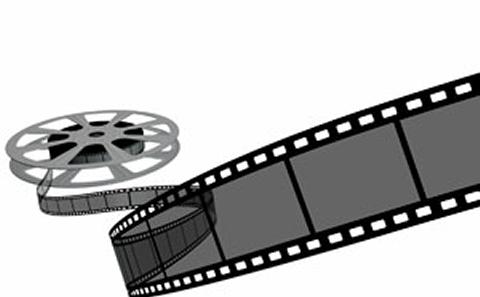Forbidden Zones: Sex, Death and Slang in the War Nurse Production Cycle of the 1930s Seminar

For more information regarding this seminar, please email Dr Ruby Cheung at Ruby.Cheung@soton.ac.uk .
Event details
Part of the Film Research Seminar Series 2016 - 2017. All welcome.
ABSTRACT:
While women working as nurses had been a staple in films with war settings since the beginnings of narrative film, the early 1930s saw a short cycle of films which placed women at the center of the war film. One of the first of these was War Nurse (1930), produced at MGM and directed by Edgar Selwyn. Another, a year later, was The Mad Parade, a film distributed by Paramount and directed by William Beaudine. The two films did unremarkable business and their critical reception ranged from lukewarm to outright hostile. Yet this cycle is an illuminating instance of the Hollywood system’s negotiation with the evolving public memories of the Great War. Both films were efforts to widen the appeal of the war as a film subject to the assumed interest of women audiences. They drew attention to women’s agency, their experiences and their ability to deal with male weakness and aggression, both physical and sexual, and in the process they offered an alternative perspective on desire at the front that had remained under-explored in the male adventure film. In these films the front and the environments surrounding it were ‘a forbidden zone’ where the term was polysemic, forbidden both in terms of the threat of death, sexual exploitation and violence but also in the promise of escape from moral strictures. In this environment straight talking vernacular was a coping mechanism. In this talk I will outline how Hollywood scriptwriters, primarily women, incorporated slang and wise-cracking as a technique of realism and as a means of sidestepping censorship in constructing an alternative public memory of the Great War.
Speaker information
Dr Michael Hammond,University of Southampton. Dr Michael Hammond is an Associate Professor in Film History at the University of Southampton. He has written extensively about cinema and World War One. He is the author of The Big Show: British Cinema Culture in the Great War (Exeter University Press 2006). He is co-editor with Dr Michael Williams of British Silent Cinema and the Great War (Palgrave/MacMillan 2013). His current research is concerned with the impact of the Great War on the aesthetic practices of the Hollywood studios between 1919 and 1939. Part of this research is focused on the way that the role of nurses in the Great War was represented in fiction film. This has concentrated on the particular challenges that war subjects presented for women scriptwriters both in terms of their representation of the horrors of war, and in terms of the cultural myths which circulated in this period around the role nurses played (or were supposed to have played) during the war.